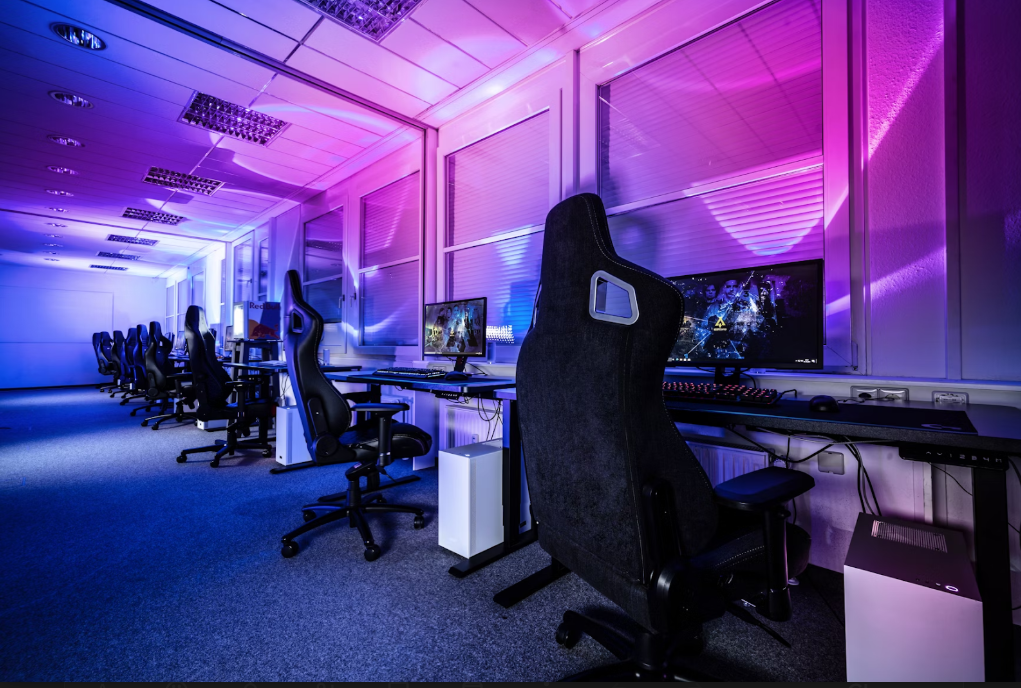Fortnite is a video game made by Epic Games but it is more of a cultural reference. What started as a collaborative survival shooter, Save the World, in 2017 soon achieved its stratospheric success with the release of a free-to-play mode of Battle Royale. This mode took Fortnite to the world stage, which has become a phenomenon that has transformed the game industry, pop culture, and a multi-billion dollar economy.

The Core Gameplay Loop
Fortnite Battle Royale, in its basic form, is a game whereby 100 participants are thrown into a huge map and whoever survives until the end becomes the victor of the game or the group. Reduced size of the storm circle makes players closer to each other and matches dynamic and thus finished within a reasonable time. Nevertheless, calling Fortnite another shooter would be to overlook its key mechanic, which is building.
What is unique about Fortnite is the possibility to harvest materials (wood, brick, and metal) and build walls, ramps, and floors in real-time. For players looking to jump into the action with a head start, some seek out cheap Fortnite accounts that come with a collection of pre-unlocked skins and items, allowing them to bypass the initial grind and focus solely on mastering these complex build battles.
The Live Service Model
Among the major strengths of Fortnite, one can mention its adherence to the so-called live service model. The game is never static. The map of its map changes considerably with every new Chapter and Season, which is frequently connected to a bigger storyline. Who would forget the earth shaking moment when a black hole swallowed the entire map and the game was offline days before it released a new world. These live events are shows that attract millions of simultaneous viewers, and the distinction between a game and a live-service digital universe is lost.
New themes are also presented by the seasons, including the ancient Greek based Myths and Mortals or the water-themed Chapter 3: Season 1. Such themes add new Points of Interest (POIs) to the map, new weapons, and, most significantly, a new Battle Pass.
The Culture of Skins and the Battle Pass
The main monetization engine and one of the factors that encourage player engagement in Fortnite is the Battle Pass. It is a brilliant system, as it enables the game to be free-to-play, yet it provides some form of progression and a means of customization to the players in terms of their avatar.
Skins are now their language. Your skin speaks as much of original characters such as Peely the Banana and Fishstick as big crossovers with Marvel, Star Wars, Naruto, and even real-life heroes such as LeBron James and Eminem. It is both a personality and a fandom, as well as a style. This is where the ecosystem of cheap Fortnite players sometimes develop as they want to obtain some of the rare or legacy skins that are no longer sold in the item shop.

How Culture Affects E-sports
The influence of Fortnite cannot be underestimated. Its songs, such as Orange Justice and Floss were worldwide hits, danced by celebrities and sportsmen around the world. In-game concerts have been hosted in the game with artists such as Travis Scott and Ariana Grande and attended by tens of millions of players, redefining the way a virtual live event can be.
The esports section of Fortnite is among the most profitable ever in terms of competitiveness. In 2019, the world cup of Fortnite was a 30 million dollar event and the winner, who was 16 years old, was named as Bugha, thus, becoming an overnight millionaire. These competitions demonstrate the ultimate level of reaction, as building and editing fast are just as important as precision.
Conclusion
Fortnite is going in an infinite direction. The quality and quantity of the library of user-created content in the game will increase as the UEFN keeps growing. The partnerships and twists of the plot are constantly changing and this makes the experience new. Epic Games continues to add to the game new mechanics, such as weapon mods and dynamic movement, and maintaining the meta-game in active motion.
In conclusion, much like no single aspect can be considered the success of Fortnite, it is a very powerful combination of not only a simple but a deep gameplay, a constantly evolving world, an outstanding characterization system, and a bold vision of being a comprehensive digital platform. It has put a freeze on time and by not giving up on innovation, it has managed to do so. Fortnite is no longer a game to play, but a place to visit, a culture to be a part of, and a future of interactive entertainment.
